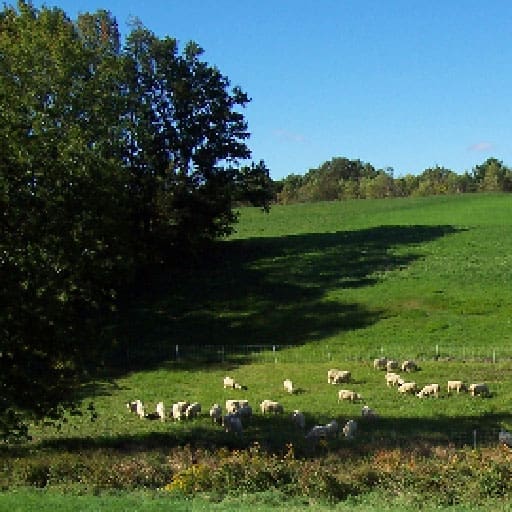Life Saves the Planet
The Bio4Climate Blog
“Life Saves the Planet” is more than just a blog—it’s our philosophy and a partnership with GBH public television’s Lowell Lecture Series. In the search for answers to climate change, we look to the interconnected living systems that sustain our planet. These biodiverse systems shape our atmosphere, regulate temperature, and maintain balance in weather patterns. Inspired by the words of Janine Benyus, who proclaimed that “life creates the conditions of life,” we gather cutting-edge research, ideas, and resources to guide the way.
Join our mailing list for updates and be part of the inspiring journey to protect and preserve our world.
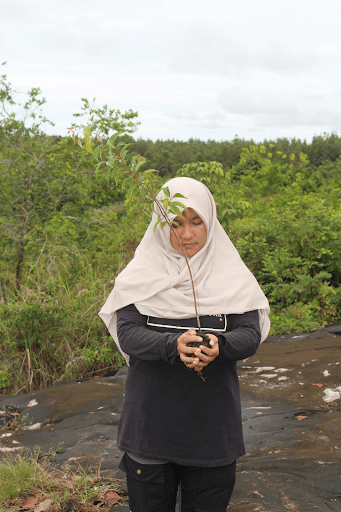
Primates and Peatlands: Restoring Indonesian Ecosystems in the Face of Flooding
Meet Eka Cahyaningrum, restorer of peatlands and advocate for primates. Her work in Indonesia restores wild animal populations and their habitats while uplifting local communities. Her youth-led efforts demonstrate the power of coming together under one goal: to create better living conditions for all living beings, so that we can all thrive. Eka Cahyaningrum, Primate…

Environmental Activism and the Search for Purpose
By Carlos Mdemu Social Media, Writing, and Online Outreach Intern Since 2011, I have been working in the field of environmental and solid waste management. At the beginning of my journey, I remember visiting one of the famous local markets in Dar es Salaam for a community cleanup. The local market, in terms of waste management…
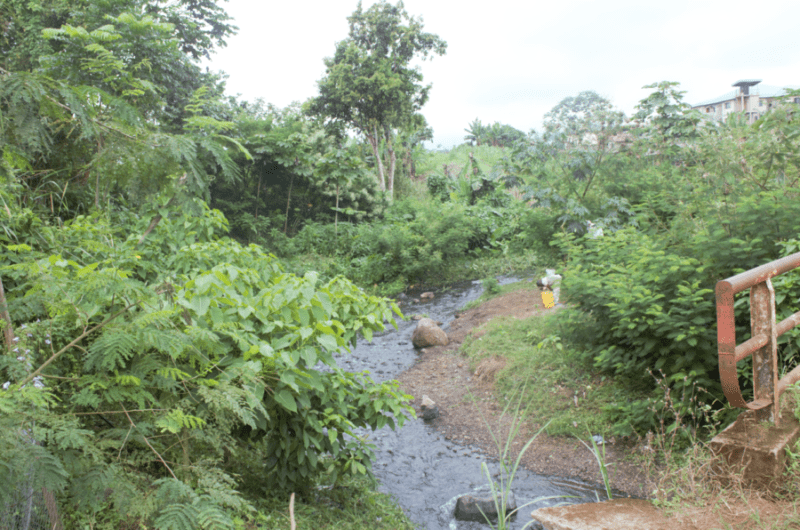
Using the Miyawaki Method to Rapidly Rewild our Communities
Bulu mini-forest in Cameroon after 19 months; Photo: Agborkang Godfred Hannah Lewis, Compendium Editor for Biodiversity for a Liveable Climate and freelance writer The Miyawaki Method The Miyawaki Method is a way to grow natural, mature forests in a couple of decades rather than a couple of centuries. You do this by observing what happens…
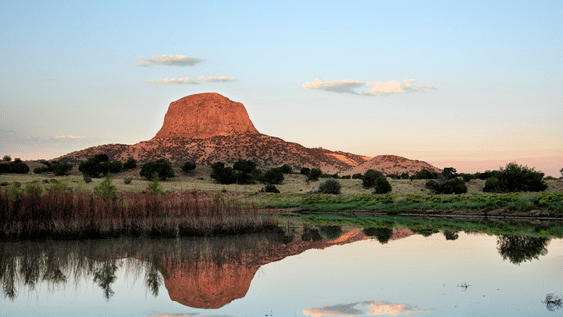
Our Underrated Climate Ally: The Small Water Cycle
Cabezon Peak after rain, Photo by John Fowler (CC BY 2.0) Although climate change is a global issue, it can and must be addressed locally. Our overall climate is shifting drastically, but local climates are also changing, and they don’t always get the same amount of attention. Local climates change when the environment is drastically…
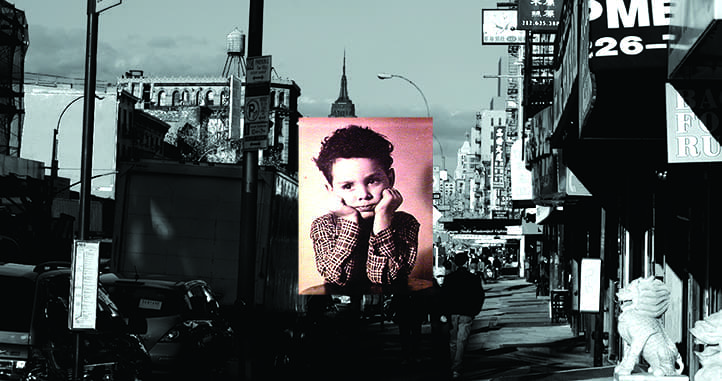
Climate Emotions: The Turbulent Turf of 21st Century Feelings
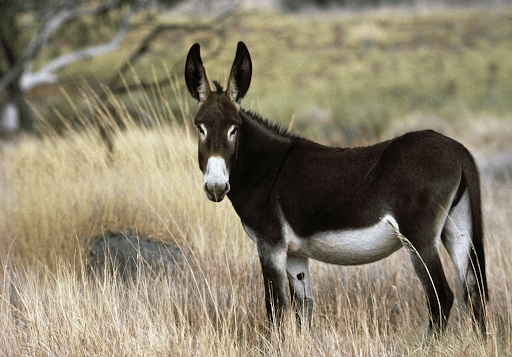
Kachana Station: A Home for Donkey-Led Restoration
In northwestern Australia, far from roads or major cities, a herd of wild donkeys carries a valuable promise. This remote region is the Kimberley, home to Kachana Station, a family-owned holistically managed landscape. The Henggelers have overseen Kachana Station for decades, and their management techniques have brought benefits for the soil, wildlife, and local climate. …

